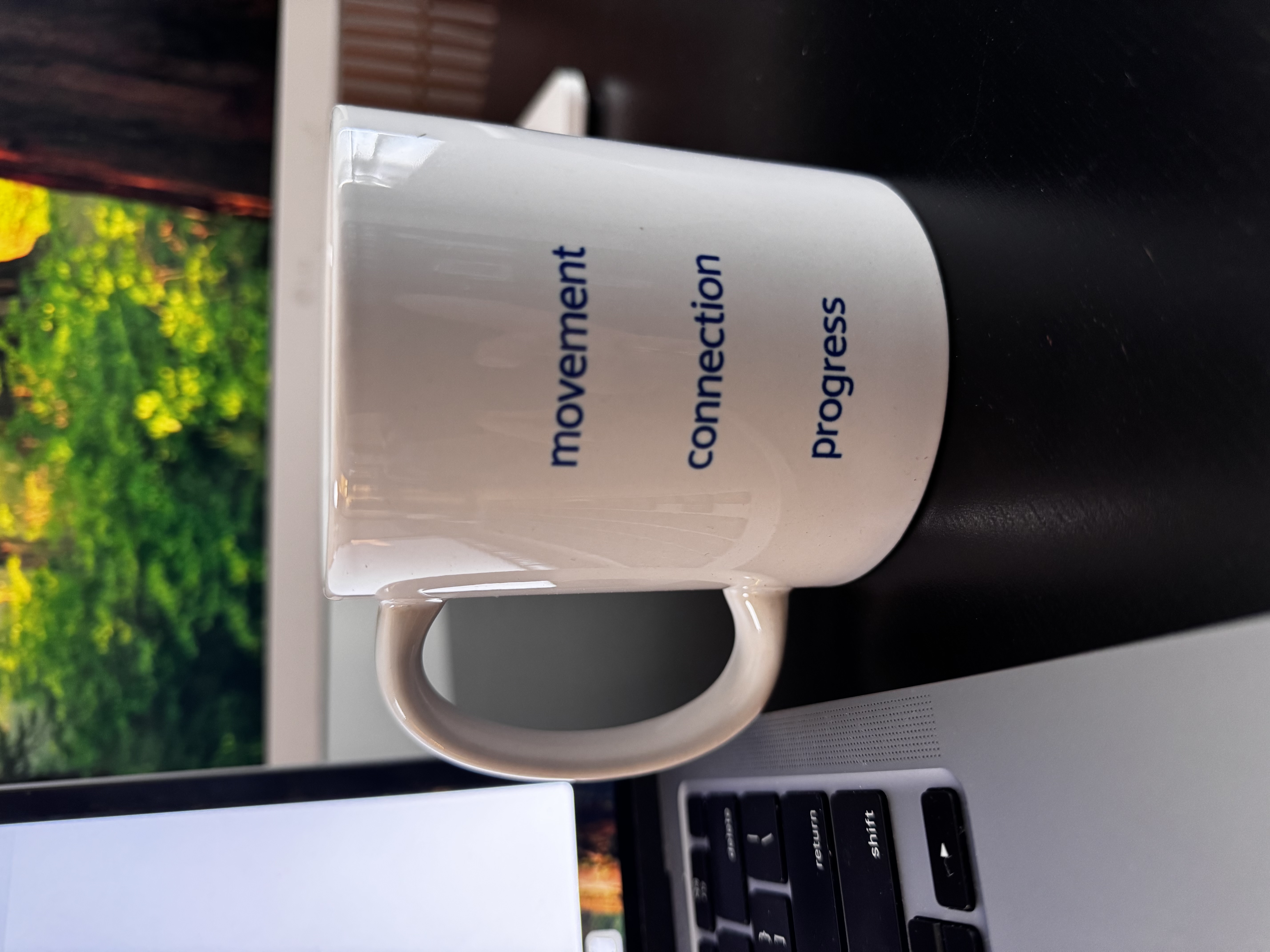What some security professionals really need from support systems—and why standard Employee Assistance Programs (EAPs) miss the mark.
There are varying accounts of when Employee Assistance Programs (EAPs) began. Some trace their roots to the 1800s, others to the 1930s and 1940s. But most agree they were originally designed to address alcoholism in the workplace. Over time, they’ve broadened their scope to offer short-term support for a range of personal and professional issues. Still, for many, particularly in high-pressure fields, the idea of turning to an EAP remains stigmatized.
In high-stakes security roles, where professionals operate under constant threat, shoulder massive responsibility, and are expected to remain composed under fire, struggling silently is often viewed as part of the job. Yet when support is needed, these same professionals are typically directed toward generalized wellness programs that were never designed with their reality in mind.
In my recent study on burnout and executive coaching in cybersecurity, I asked participants about the kinds of support they have access to or what they have used in terms of support, and what actually helped. Their response was unambiguous: EAPs do not meet their needs.
Described by some participants as “ineffective,” “a waste of time,” and “not built for us,” EAPs fell short in both relevance and impact. This isn’t about being dismissive or ungrateful – security professionals do not necessarily need luxury, they need ‘fit’. And what many only have access to instead is a one-size-fits-all solution for a uniquely complex set of circumstances.
Some security professionals are working in isolation, under extraordinary pressure, with little margin for error. They’re tasked with defending infrastructure, protecting lives and livelihoods, and doing it all behind the scenes, often without the level of recognition or psychological safeguards that would be afforded to traditional first responders, for example.
From what I heard in the interviews, what security pros may need is evocative, role-aware support:
- Services where practitioners understand the mental load and moral weight of a security professional’s work
- Safe, confidential spaces: free from stigma, judgment, or retaliation
- Targeted guidance to help them manage stress, reframe thinking, and sustain performance over time
Security professionals are different. Their pressure is different. Their daily experience is different.
EAPs might serve as a starting point, but for many in the security field, they do not necessarily help to traverse the complexity and intersection of their personal and professional lives. I’m not saying EAPs are useless; for some employees, they can absolutely help. But for cyber professionals, they may not be enough.

And let’s be honest: many average off-the-shelf EAPs may not always deliver the level of engagement, reflection, or strategy needed to truly mitigate burnout in this field. Some may need coaching, external counselling or therapy, or other interventions. Others may benefit from behavioral health support, spiritual grounding, or peer-based mentoring. But one thing is clear: they need more (or ‘different’) than what is currently available to them.
Tell me what you think: How is your organization adapting its approach to meet the real needs of today’s cyber first responders?
Missed the first two parts of the series?
📌 Part 1: From Burnout to Breakthrough
📌 Part 2: Security Professionals Are Burning Out: Why?
#Cybersecurity #Burnout #EmployeeWellbeing #ExecutiveCoaching #OrganizationalHealth #EAPs #Leadership #Resilience #HRLeadership

